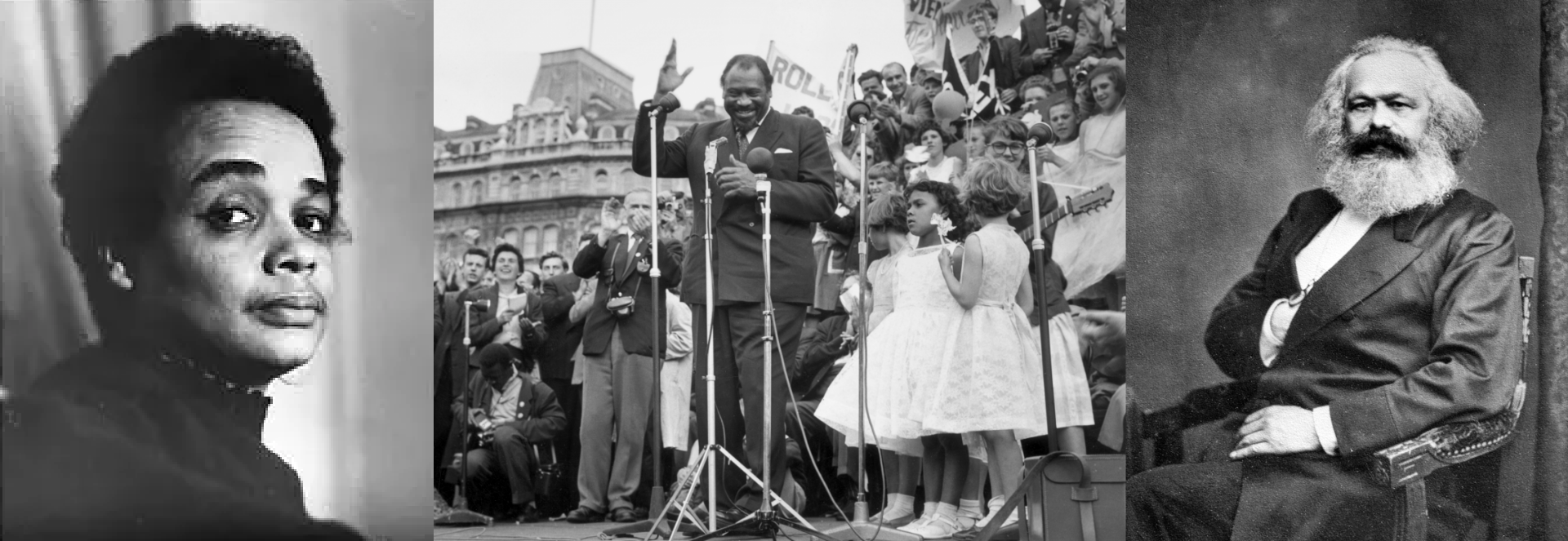No one, including myself, likes to be criticized. Defensiveness is something we must all struggle against. For criticism and self-criticism are the subjective means by which we advance our struggles, indispensable means.
Hunger is the self-criticism of the body. If we fail to respond to that criticism, we die. Thirst and fatigue are similar criticisms. These are crucial signals that the body has attained an unsatisfactory and potentially deadly state.
Nature, thankfully, does not take offense but responds and rectifies the situation. And so we proceed to eat, drink, rest and sleep.
As people with specific goals, we must always be examining the fruits of our work, be asking ourselves: What did we do wrong? What could we have done and can do better? The greatest leaders are the most self-critical.
Negation is not simply a Hegelian construct. It is the way motion happens and development takes place.
Of course, self-criticism should not mean self-flagellation. The idea is not to draw blood. The idea is to add to our knowledge and understanding, to bring additional tools to our work, to strengthen confidence in our ability to cope and to move the work forward.
In my opinion, we all have a long way to go before we are truly prepared to lead mass movements. I have been participating in the movement, with some periods of interruption, for 35 years. But I consider myself a novice, not because I am stupid or a slow learner, not because I am perhaps devoting myself to something for which I have little aptitude. The reason lies in the generally backward state of the movement in this country, the extremely sluggish pace of political development, so that we simply lack the first-hand experience which other countries have passed through. We are still learning to confront the most elementary tasks.
When we criticize our work, we are not thereby ipso facto denigrating our leadership. The automatic conclusion to be drawn is not that our leaders are incapable. The only unforgiveable sin of leadership is complacency and self-satisfaction. What distinguisheseffective leadership is not that it is not subjected to or knows how to beat down or does not merit criticism. What distinguishes effective leadership is that it encourages and then rapidly assimilates criticism.
Of course, not all criticism is correct or entirely correct. But one can even profit from incorrect criticism. For oftentimes the causes of those incorrect perceptions also need to be addressed.





